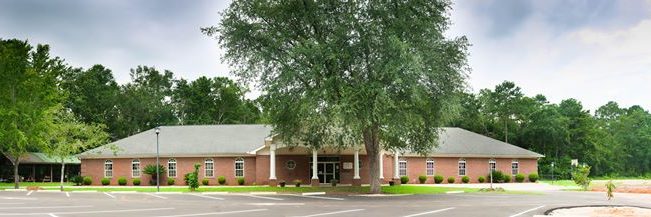Today we read Luke 13-15
To help disciples better understand the secret of the heavenly kingdom, and unbelievers not understanding the words of the Son of man, our Lord used a lot of parables to teach the truth of heaven. For example, the fig tree bearing no fruit for three years represented the Israelites who, despite listening to his preaching for three years and witnessing countless miracles, still did not believe and ultimately faced judgement. In another instance, he healed a woman of her infirmity after she suffered for eighteen years and reprimanded the ruler of the synagogue. He also used the parable of a grain of mustard seed to prophesize the expansion of the kingdom of God and urged people to strive to enter the narrow door, rather than following the crowd. He lamented the deaths of many prophets in Jerusalem and prophesied that he too would be killed there.
Our Lord was invited to a feast in the home of a Pharisee where he taught that people were more important than animals. He explained that if they could save animals on the Sabbath day, they should also be willing to save people. He admonished his disciples to be humble, using the example of seat arrangements at the feast. He also indicated through the story of inviting guests to the feast that salvation came to the Gentiles due to the rejection of the Jews.
When criticized for receiving sinners, he used three parables to explain his mission. The parable of the lost sheep revealed that they were all part of the same flock. The parable of the lost coin indicated that they all belonged to the same owner. The parable of the prodigal son illustrated that sinners were also brothers of Jews who had temporarily strayed but were loved by their heavenly father, who sought after them. After their repentance, even the angels rejoiced for them.
